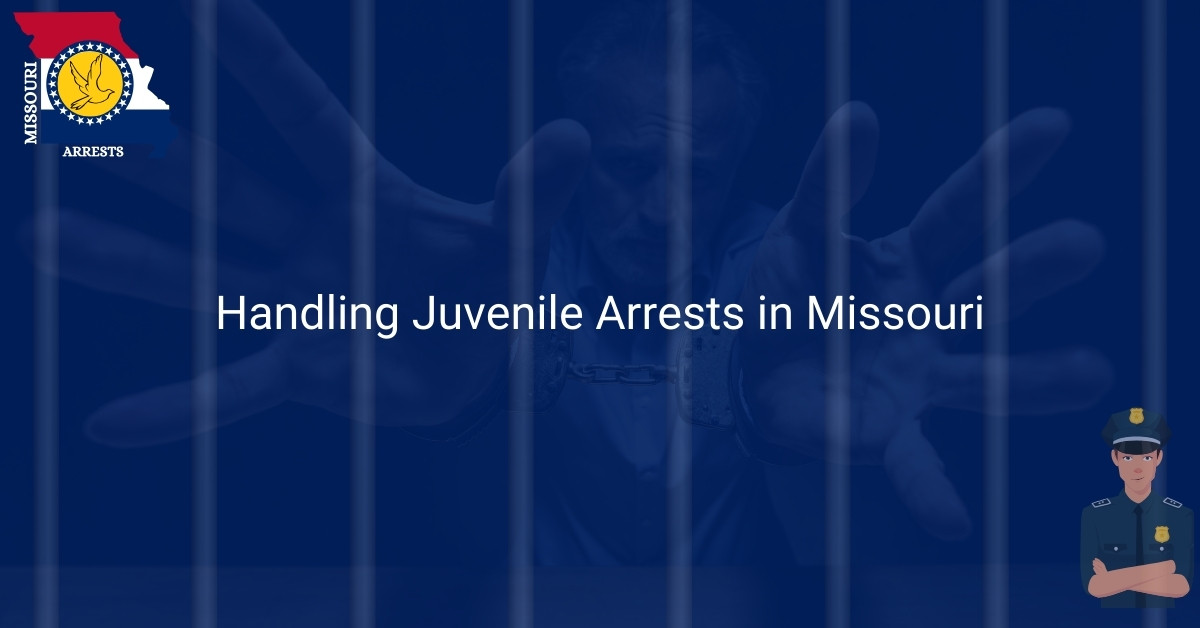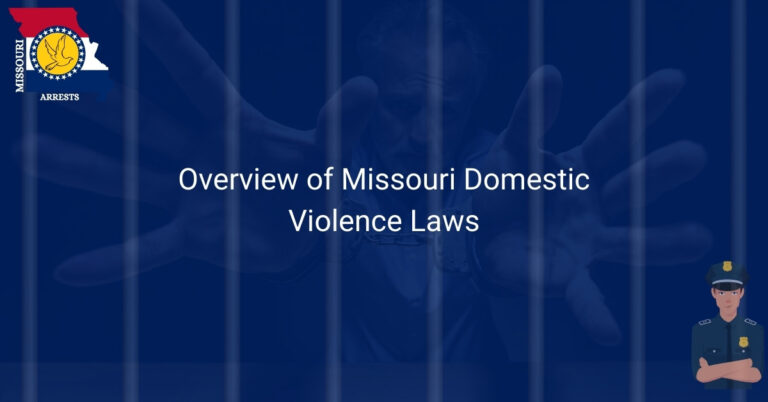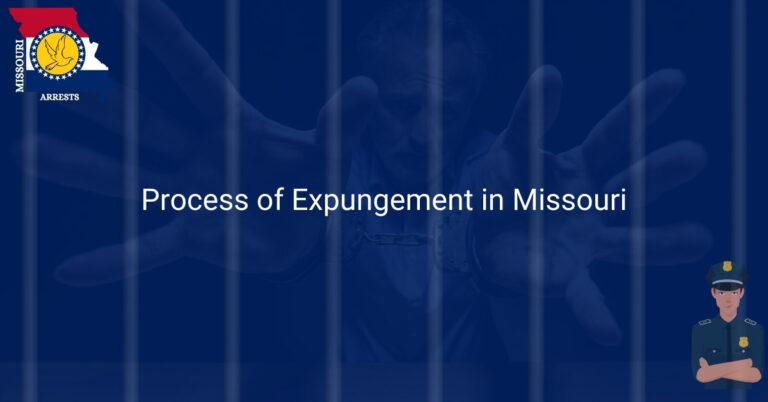Handling Juvenile Arrests in Missouri
Handling juvenile arrests in Missouri involves a complex process that aims to provide appropriate interventions for young individuals involved in criminal activities. The state’s juvenile justice system focuses on rehabilitation rather than punishment, aiming to steer juveniles away from a life of crime. When a juvenile is arrested in Missouri, they are typically taken into custody by law enforcement and brought to a juvenile detention center for processing.
Once in custody, the juvenile will go through a series of legal proceedings that are aimed at determining the appropriate course of action. This may include court hearings, assessments, and potential placements in juvenile facilities or programs designed to address their specific needs. It is crucial for stakeholders in the juvenile justice system in Missouri to work together to ensure that the best interests of the juvenile are met while also promoting public safety.
Understanding the Juvenile Arrest Process in Missouri
When it comes to handling juvenile arrests in Missouri, it is crucial to have a comprehensive understanding of the process. Juvenile arrests differ from adult arrests in many ways, and knowing the intricacies of the system is essential for ensuring the best possible outcomes for the young individuals involved.
Importance of Rehabilitation over Punishment
One of the key principles in the juvenile justice system is the emphasis on rehabilitation over punishment. The goal is to help juveniles learn from their mistakes, address underlying issues that may have contributed to their behavior, and ultimately reintegrate them back into society as productive members. By focusing on rehabilitation, we can break the cycle of criminal behavior and give juveniles a chance to turn their lives around.
Initial Steps After Juvenile Arrest
After a juvenile is arrested in Missouri, there are specific steps that must be followed. This includes notifying parents or guardians, conducting an initial assessment of the situation, and determining whether the juvenile should be detained or released to their family. It is important to handle these initial steps with care and sensitivity to ensure the well-being of the juvenile.
Legal Proceedings for Juveniles in Custody
Once a juvenile is in custody, they will go through legal proceedings that are tailored to their age and circumstances. This may include court hearings, meetings with legal representatives, and discussions about potential outcomes. It is important for juveniles in custody to have access to proper legal representation and support throughout the process.
Assessments and Determining the Course of Action
Assessments play a crucial role in determining the appropriate course of action for juveniles involved in the legal system. These assessments may include evaluations of the juvenile’s mental health, family situation, and risk of reoffending. Based on these assessments, decisions will be made regarding the best placement and treatment options for the juvenile.
Potential Placements in Juvenile Facilities
Depending on the circumstances of the case, juveniles may be placed in various types of juvenile facilities. These placements can range from short-term detention centers to long-term residential treatment programs. The goal is to provide a structured and supportive environment that addresses the needs of the juvenile and promotes positive behavior change.
Collaboration among Stakeholders in Juvenile Justice System
Collaboration among stakeholders in the juvenile justice system is essential for ensuring that the needs of juveniles are met effectively. This may involve communication and coordination between law enforcement, legal professionals, social workers, and other relevant parties. By working together, these stakeholders can create a comprehensive and cohesive approach to handling juvenile arrests in Missouri.
Ensuring Best Interests of Juvenile and Public Safety
Ultimately, the goal of handling juvenile arrests in Missouri is to ensure the best interests of the juvenile while also prioritizing public safety. By focusing on rehabilitation, providing appropriate assessments and placements, and fostering collaboration among stakeholders, we can work towards a justice system that serves both the individual and the community as a whole.
Frequently Asked Questions
Our Frequently Asked Questions section aims to provide comprehensive information on Handling Juvenile Arrests in Missouri. We understand that this topic can be complex and confusing, so we have curated a list of commonly asked questions to help clarify any doubts you may have.
What are the laws regarding juvenile arrests in Missouri?
Juvenile arrests in Missouri are governed by specific laws and regulations that differ from those concerning adults. The juvenile justice system focuses on rehabilitation rather than punishment, aiming to help young offenders learn from their mistakes and reintegrate into society.
What rights do juveniles have when they are arrested in Missouri?
Just like adults, juveniles have rights when they are arrested in Missouri. These rights include the right to remain silent, the right to an attorney, and the right to a fair trial. It is crucial for juveniles and their parents to be aware of these rights to ensure a fair legal process.
How does the juvenile justice system in Missouri differ from the adult system?
The juvenile justice system in Missouri differs from the adult system in several key ways. For example, the focus is on rehabilitation rather than punishment, and cases are often handled in family court rather than criminal court. Understanding these differences is essential for anyone involved in a juvenile arrest case.
What are the potential consequences of a juvenile arrest in Missouri?
Depending on the severity of the offense, juveniles in Missouri may face a range of consequences following an arrest. These consequences can include probation, community service, counseling, or placement in a juvenile detention center. It is crucial to understand the possible outcomes of a juvenile arrest to navigate the legal process effectively.
How can parents support their child during a juvenile arrest case in Missouri?
Parents play a crucial role in supporting their child during a juvenile arrest case in Missouri. It is essential for parents to communicate openly with their child, seek legal advice, and advocate for their child’s best interests throughout the legal process. By being actively involved, parents can help their child navigate this challenging situation.
What resources are available for juveniles and their families in Missouri?
There are various resources available for juveniles and their families in Missouri, including legal aid services, counseling programs, and community support organizations. These resources can provide valuable assistance and guidance to families navigating the juvenile justice system and help ensure the best possible outcome for the juvenile involved.







